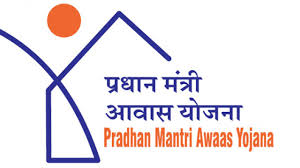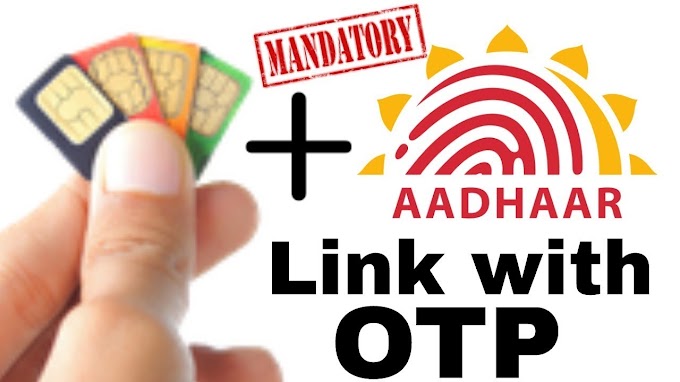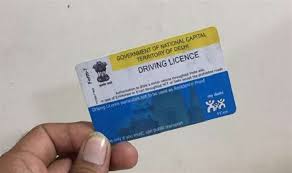Know Your Customer (KYC) implemented by Reserve Bank of India to get the right details of customers of the related Banks. Even Digital Wallets are also said to attach KYV details to continue their services for their users.
RBI introduced strict KYC norms for digital wallets,
or prepaid payments instruments, such as Paytm, JioMoney, Vodafone mPesa, Amazon Pay and others. We are aware that even Digital Wallet companies are requesting their users to link Aadhaar cards as major verification document. Users can also give additional documents like Passport, Driving License, Pan Card, Election ID card.
or prepaid payments instruments, such as Paytm, JioMoney, Vodafone mPesa, Amazon Pay and others. We are aware that even Digital Wallet companies are requesting their users to link Aadhaar cards as major verification document. Users can also give additional documents like Passport, Driving License, Pan Card, Election ID card.
Here we detailed what Users can do and cannot do from Paytm :-
KYC (In-person verification) :-
Once the users has completed KYC (In-person verification) they can get full usage of Digital Wallet app Paytm with multiple years of validity. Can maintain maximum wallet balance of Rs 1,00,000 and also do money transfets to other Paytm users or bank accounts as well as pay for recharges, shopping and other payments.
KYC (Aadhaar-OTP) :-
Users who have linked only their Aadhaar card with their Paytm wallet with the OTP they receive on their registered mobile number they can use all the above detailed services but the validity has been restricted to only One-Year.
Regular KYC :-
Users when approve Paytm wallet using any government approved ID, i.e., Aadhaar, PAN card, NREGA card, passport or driving license. Maximum wallet balance is limited to Rs 10,000. Can add money to their wallets, receive cashbacks, pay for recharges and other expenses but will not be able to send money to other Paytm users or their bank accounts.
No KYC Approval :-
Users who didn't link any of the ID proof to their Paytm Wallets cannot add money to their wallets and also cannot send and receive money.















